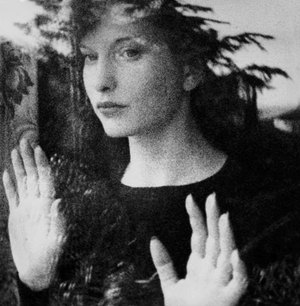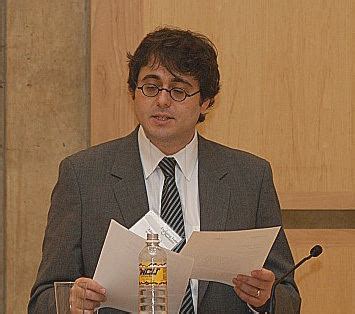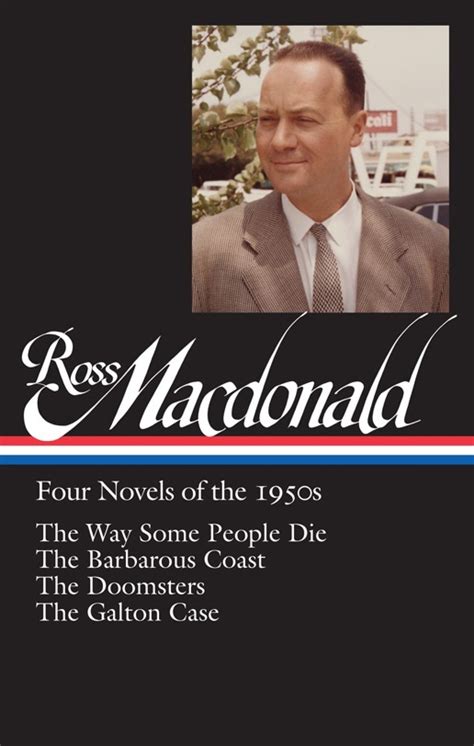A Quote by Henry Miller
History is the myth, the true myth, of man's fall made manifest in time.
Related Quotes
But myth is something else than an explanation of the world, of history, and of destiny. Myth expresses in terms of the world - that is, of the other world or the second world - the understanding that man has of himself in relation to the foundation and the limit of his existence. Hence to demythologize is to interpret myth, that is, to relate the objective representations of the myth to the self-understanding which is both shown and concealed in it.
The heart of Christianity is a myth which is also a fact. The old myth of the Dying God, without ceasing to be myth, comes down from the heaven of legend and imagination to the earth of history. It happens - at a particular date, in a particular place, followed by definable historical consequences. We pass from a Balder or an Osiris, dying nobody knows when or where, to a historical Person crucified (it is all in order) under Pontius Pilate. By becoming fact it does not cease to be myth: that is the miracle.
Dream is personalized myth, myth is depersonalized dream; both myth and dream are symbolic in the same general way of the dynamics of the psyche. But in the dream the forms are quirked by the peculiar troubles of the dreamer, whereas in myth the problem and solutions shown are directly valid for all mankind.
Myth was regarded as primary; it was concerned with what was thought to be timeless and constant in our existence. Myth looked back to the origins of life, to the foundations of culture, and to the deepest levels of the human mind. Myth was not concerned with practical matters, but with meaning. Unless we find some significance in our lives, we mortal men and women fall very easily into despair. The mythos of a society provided people with a context that made sense of their day-to-day lives; it directed their attention to the eternal and the universal.






































